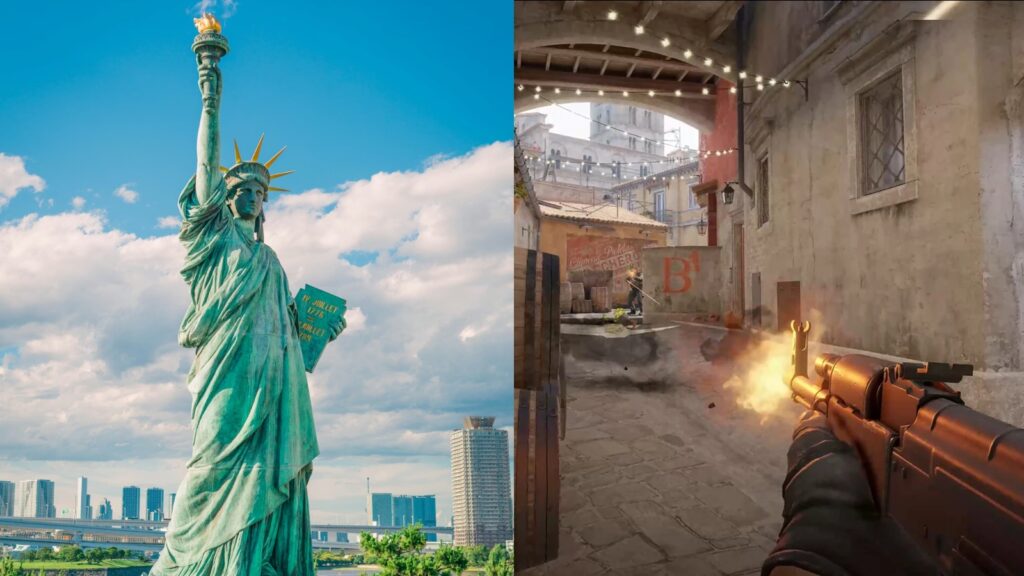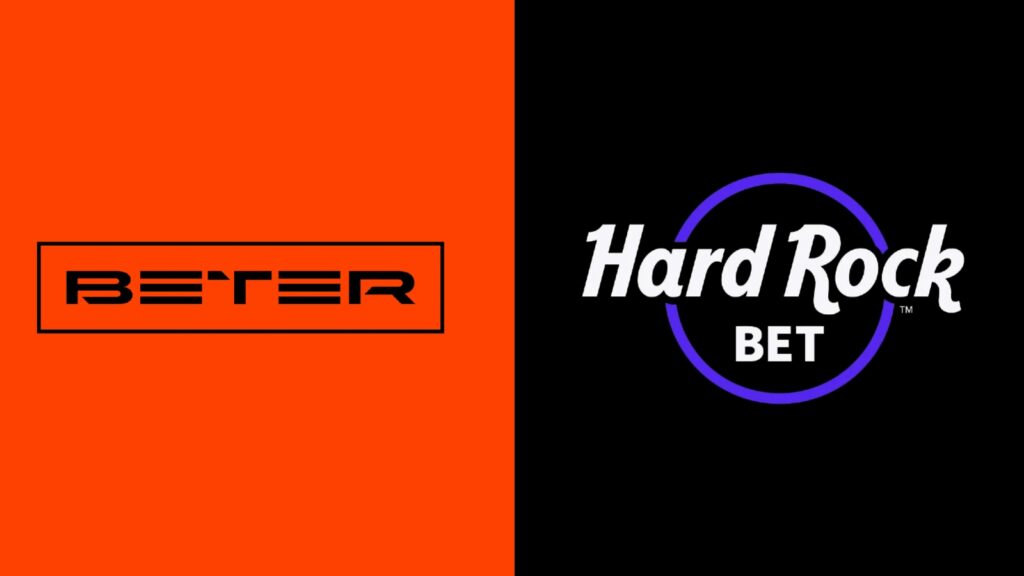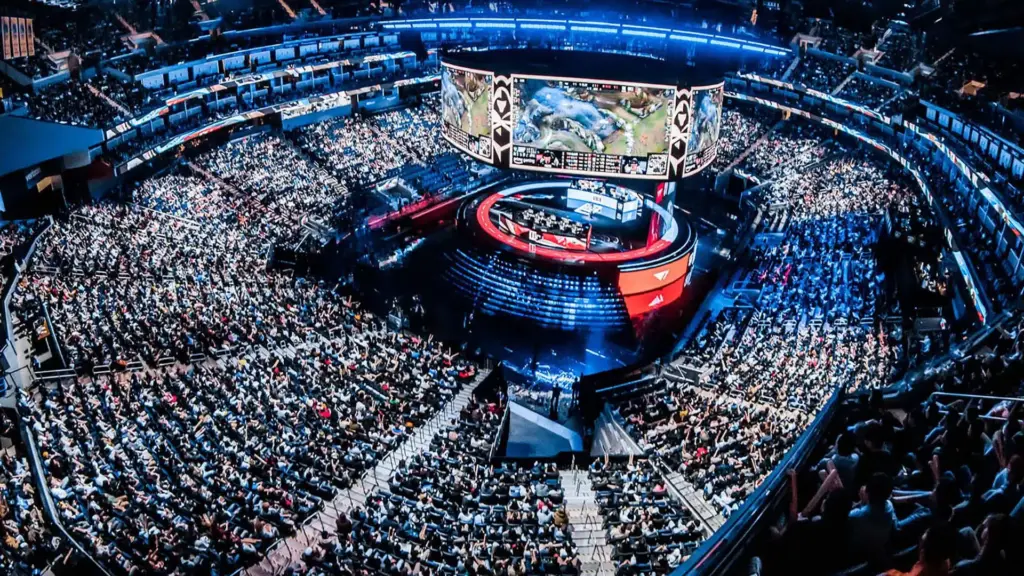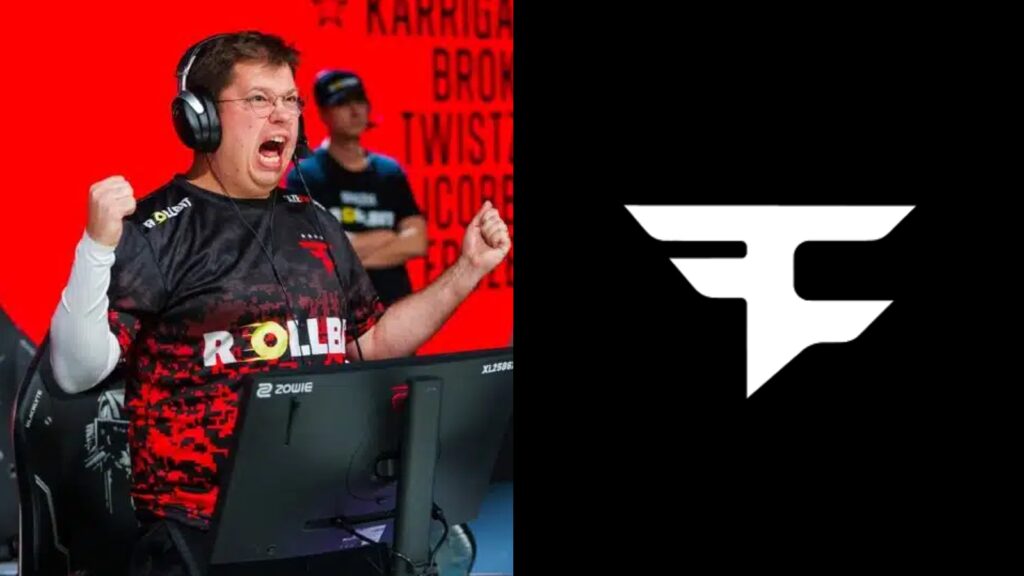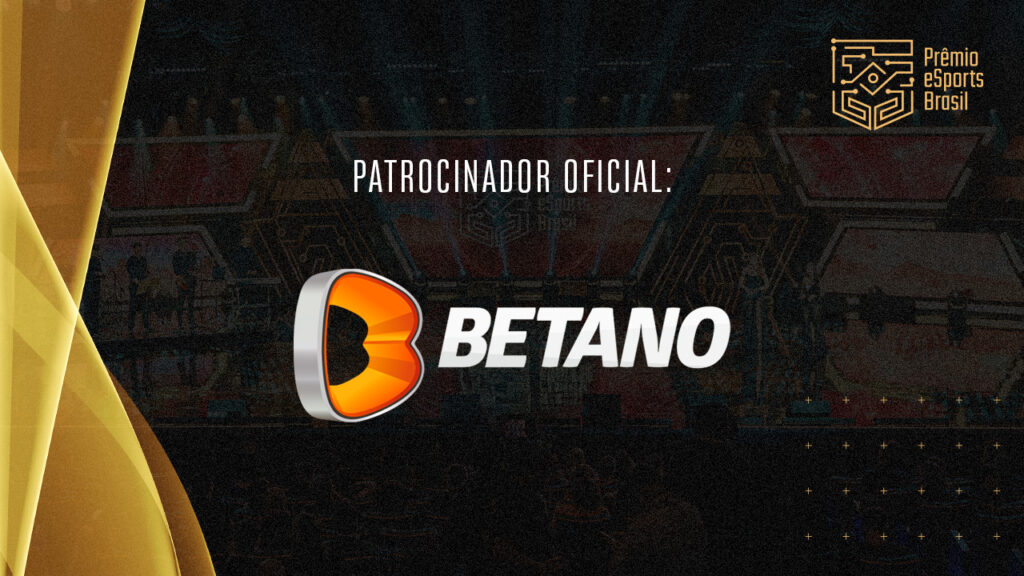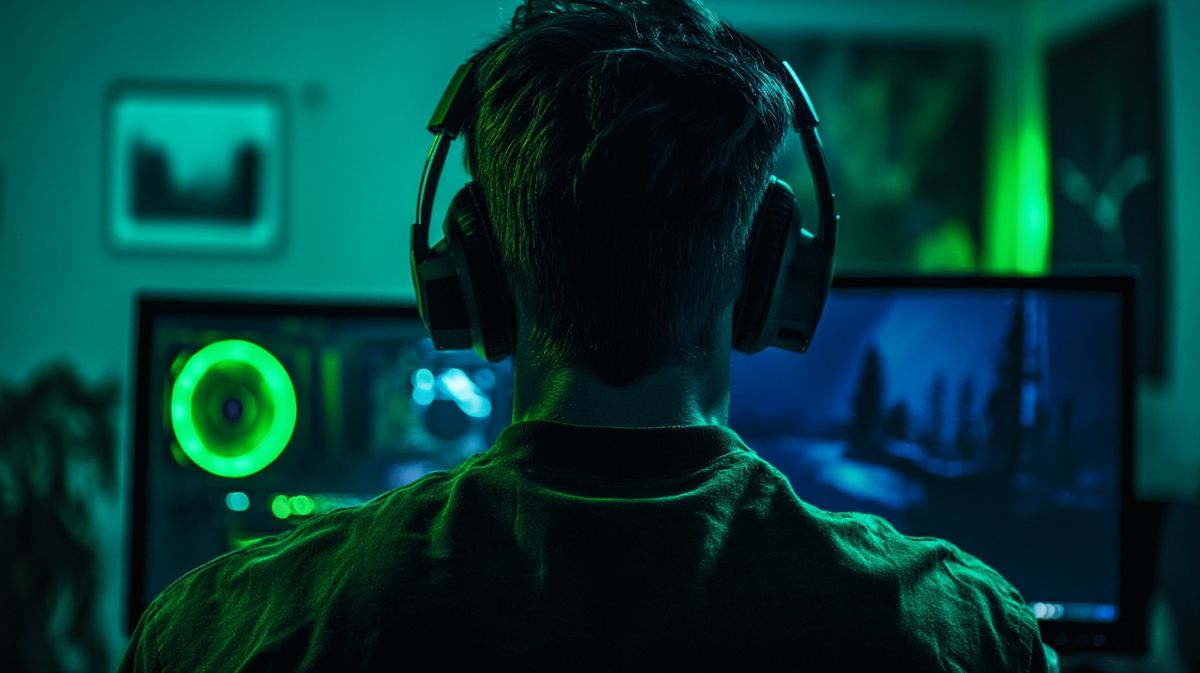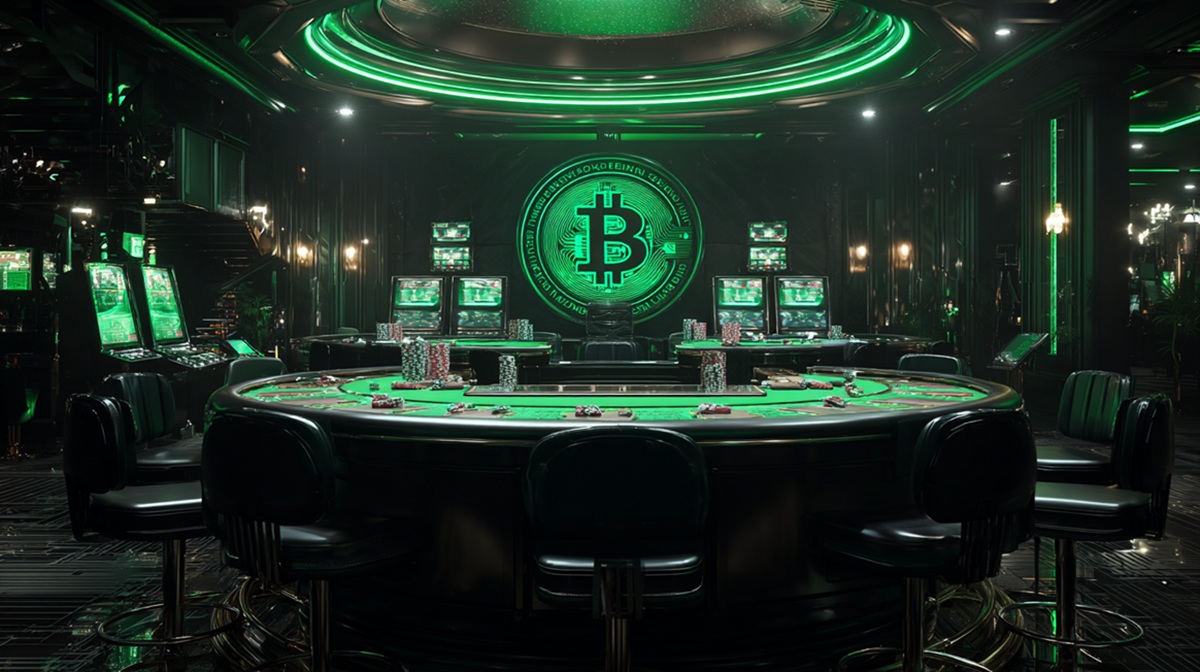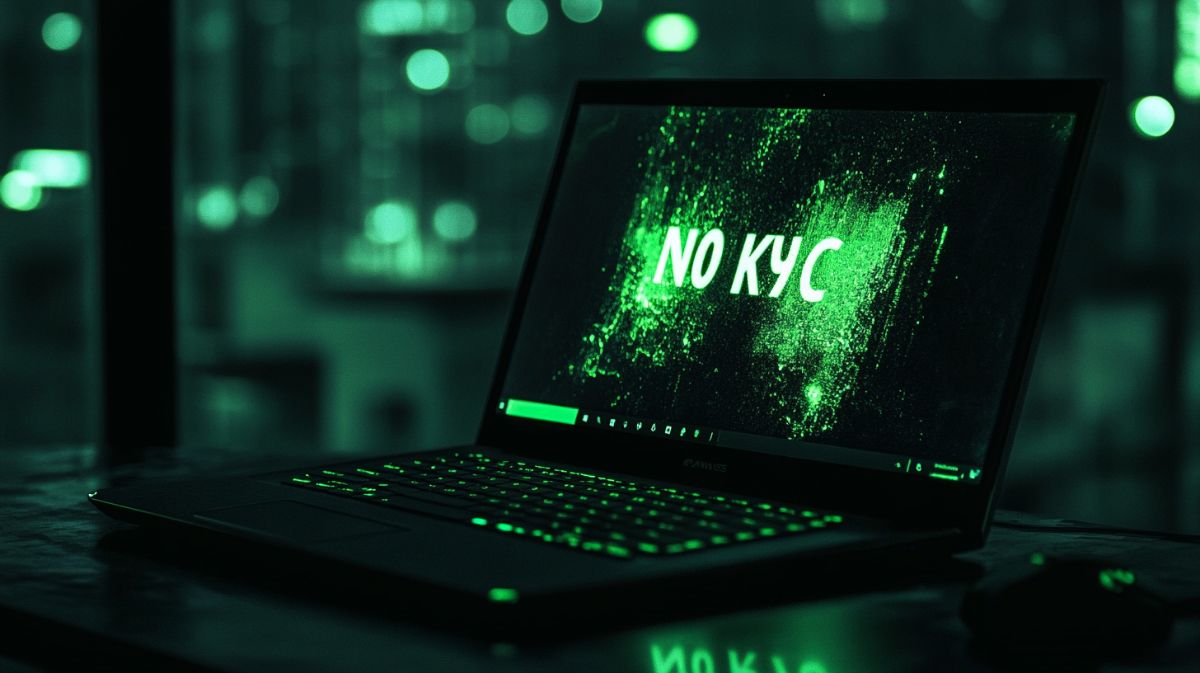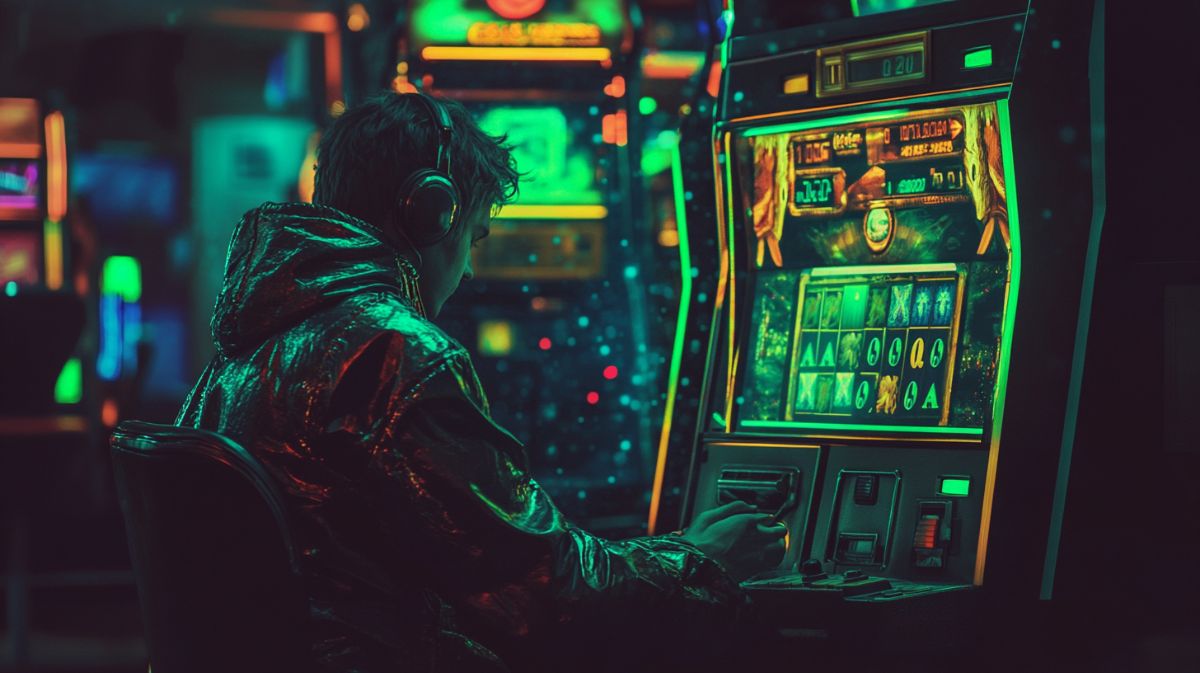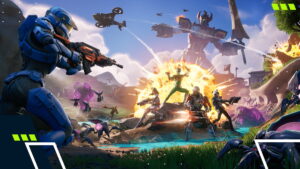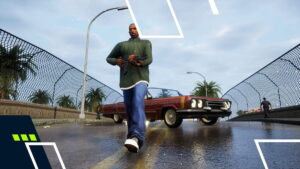Why music stars are joining the esports revolution
Whilst esports tournaments tended to be focused on the on-screen action, it has become evident that music is set to play a larger part in how we enjoy these gaming events. From massive rock bands like Metallica appearing at gaming tournaments, to rap stars such as Drake investing in esports teams, it seems that the competitive gaming realm is becoming increasingly attractive to the world’s biggest music legends.

© Michael Steele | Getty Images
Video games have always used music as a way of boosting the atmosphere and appeal of a particular title. But as esports is tipped to become a $1.65 billion global industry by 2020, it seems that certain music industry figures are seeking how to take advantage of this relatively new entertainment phenomenon.
The musicians who are investing in esports
The Canadian rapper, Drake, has often proven to be a shrewd businessman with investments in everything from bourbon whiskey, to the Toronto Raptors basketball team. But the hip-hop star shocked the gaming world this October, when it was announced that he would be investing significant amounts of money into the 100 Thieves esports team.
100 Thieves have built up a decent reputation for their League of Legends and Fortnite gaming prowess, but with the partnership of Cleveland Cavaliers owner, Dan Gilbert, they have branched out to become a successful lifestyle and clothing brand. In October, 100 Thieves completed a funding round that saw Drake becoming a co-owner and a key strategic advisor in the future of this promising esports brand.
But it’s not just Drake who’s jumping on the esports bandwagon. The dance music star, Steve Aoki, bought a controlling stake in the Rogue esports team back in 2016, and we have even seen the likes of the Imagine Dragons putting their money into the esports infrastructure company, ReKTGlobal. In addition to this, when you consider the fact that even Jennifer Lopez was part of a $15 million investment in the NRG Esports team, it shows just how widespread the appeal of competitive gaming has become.
Top music stars appearing at esports tournaments
Of course, it’s not just behind the scenes where musicians are getting involved in esports. If you head to just about any esports competition or gaming conference nowadays, there’s a pretty good chance that you will stumble across a live music performance. Recently we’ve seen the DreamHack Atlanta tournament taken over by a hip-hop extravaganza that featured the likes of London On Da Track and Mick Jenkins.
Whilst esports events can play a big part in breaking a new artist, it’s also been interesting to see how some music veterans have taken an interest in esports as a way of reaching a new audience demographic. Take the case of the iconic heavy metal band, Metallica, who played at the closing concert of the BlizzCon gaming conference in 2014 and will have gained plenty more younger fans by doing so.
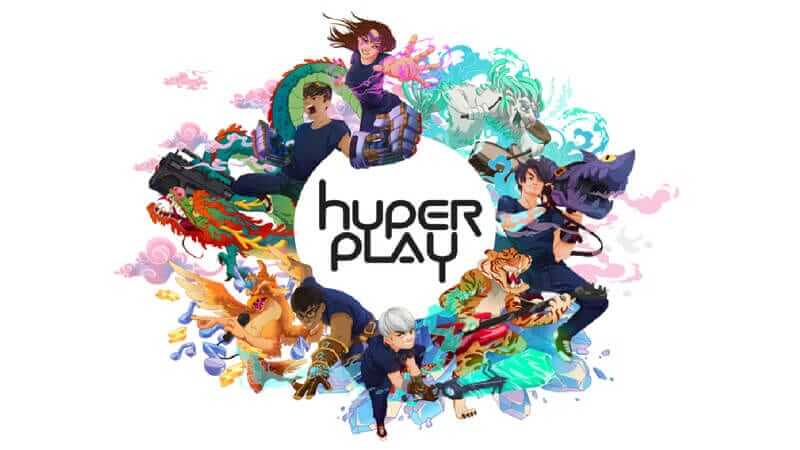
© HyperPlay
In addition to this, we have seen many new events set up that explicitly promote themselves as exploring the intersection between esports and music. Riot Games recently teamed up with MTV to launch the Hyperplay integrated esports and music festival in Singapore that saw rock bands and rap stars performing alongside some of the best League of Legends gamers in the business. Similar ventures include Insomniac’s interactive music and gaming event, PLAY, as well as the huge ICBC (Asia) Esports and Music Festival in Hong Kong.
Why the music world is getting serious about esports
Gone are the days when video games just featured a repetitive monotonous soundtrack, as immersive and responsive music is now an essential part of any serious gaming venture. From bands like 65daysofstatic contributing original scores to video games, to the awesome radio stations of Grand Theft Auto, both the games and musicians have benefited from this interplay between the entertainment forms.
But with the traditional music industry looking for new ways to boost revenues and tap into a younger demographic, it seems that the gaming world represents a particularly attractive option. Recently we saw Universal Music Group announcing a joint venture with the ESL esports organisation to set up a new record label and discover and promote new artists through ESL’s tournaments and channels.
This is important as it shows how esports brands like ESL are also starting to view themselves as all-encompassing entertainment companies. Many esports organisations make huge amounts of money through selling their own apparel, and so a move into the music world could make perfect sense too. Whilst video games once used music to gain a degree of cultural ‘coolness’, it now seems that music and video games are working hand in hand to offer customers a new and immersive way to experience the best in gaming entertainment.
